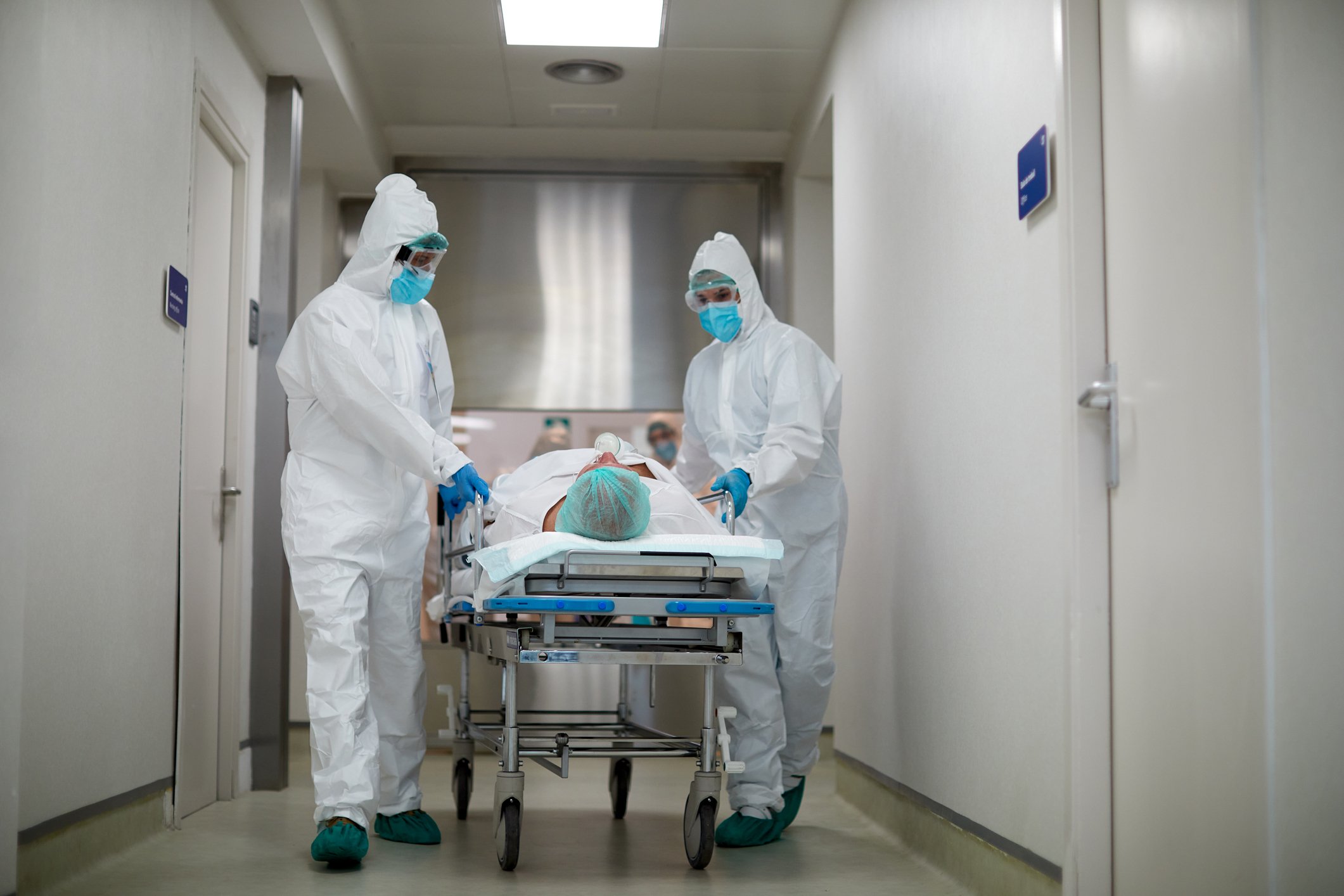A group of Becton Dickinson (BDX +2.27%) shareholders are suing the healthcare company, claiming it didn't sufficiently disclose certain malfunctions of its Alaris infusion pumps product, thereby exposing the pumps to regulatory issues and delays. In early March, the Food and Drug Administration issued a recall for the Alaris pumps, stating that software issues caused 55 injuries and one death. A law firm representing BD shareholders announced its class action lawsuit shortly thereafter on March 9.
Let's look into what it means for the hospital supplies company and whether there's an attractive buying opportunity for a stock involved in potentially lucrative coronavirus work.

Image source: Getty Images
A series of unfortunate events
Software issues with the Alaris pump were only its latest problems to be exposed, much to the chagrin of BD's investors. Last year, the FDA issued a separate recall for the infusion tubing necessary to operate the pumps after patient injuries were reported.
Between two separate recalls linked to catastrophic patient outcomes with the same product, it's understandable why BD shareholders would be seeking compensation. Bad press is a surefire way to pummel a company's stock price, and product recalls are expensive. Obviously, at least some of BD's shareholders are growing resentful of taking losses that they might have avoided with the information they claim BD had at the time.
But BD is as formidable of a company as they come in the healthcare sector. BD's stock was barely affected by news of the lawsuit, and by mid-April, its losses from March were erased.

Image Source: YCharts
There's reason to believe that more growth is in BD's future. Despite modest second-quarter revenue growth of 1.4%, BD's manufacturing capabilities are more needed than ever in the face of the pandemic, and the company produces a massive array of products necessary for biomedical research as well as clinical operations.
A giant moves quickly to anticipate the needs of pandemic response
The largest growth opportunity for BD in the immediate future is in COVID-19 testing. BD plans to scale up its production of its rapid COVID-19 diagnostic tests as well as its production of rapid COVID-19 serology tests to detect antibodies conferring immunity. The manufacturing scale-up is intended to address a potential second wave of infections this fall. Facing rapidly expanding demand, BD could probably stick with selling its existing COVID-19 tests and make a tidy profit.
Instead, BD is developing newer and even more rapid diagnostic tests for coronavirus in response to seedlings of demand in workplaces, government, and the healthcare system. While it remains to be seen whether BD can live up to its promise of an accurate and mass-produced 15-minute diagnostic test, the attempt shows that BD is still a dynamic company when it comes to competing in rapidly emerging markets.
There's a good chance that BD will succeed in serving a lion's share of the demand for coronavirus testing as a result of its manufacturing base alone. Separately, both of BD's existing coronavirus tests on the market were rapidly expedited through the FDA emergency use authorization process without a hitch.
Look for a dip, but don't wait too long
As the pandemic continues, BD is already positioned to profit whether or not some of its shareholders are unhappy. Though BD's deft coronavirus testing activity doesn't detract from the severity of its infusion pump fiascos, it does support the idea that there aren't any serious quality or culture issues with the company that could impair future growth. This means that prospective investors will need to plan their next moves carefully if they want to grab BD at a bargain.
Don't expect big headlines from BD, because rocking the boat isn't its game. Under normal circumstances, BD is a silent giant, avoiding intense media coverage surrounding clinical trials or new product releases like many of its healthcare sector cohorts.
Instead, look for the unfolding of the shareholder lawsuit to briefly dent this healthcare stock's price to provide an opening for a purchase. Investors won't need to hold onto BD very long to see appreciable gains, but the longer they hold, the larger delta they'll see. It's important to keep in mind that the window of opportunity with BD is larger than it may appear. Perfectly timing a buy-in won't be necessary to benefit from the company's growth over the coming decade.






